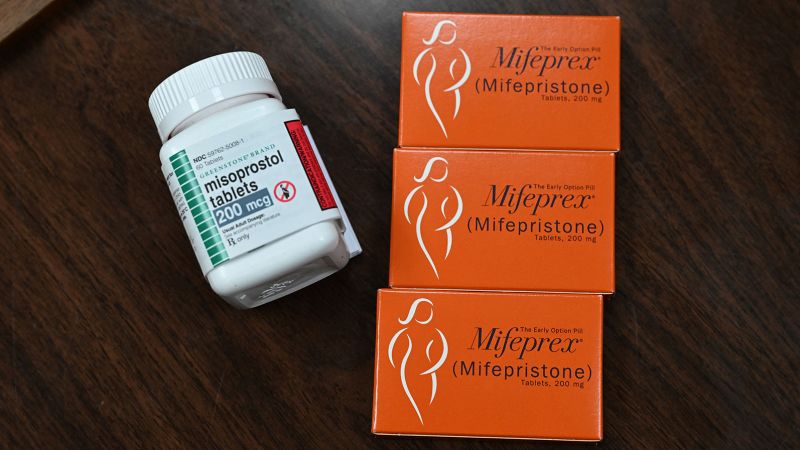Medication Abortions
Mifepristone, one of two medications used for medication abortions, can continue to be sent to patients without a personal visit with a doctor after the rejection of a lawsuit in the United States. Many women receive a medication abortion from a clinic or their OB-GYN, while others obtain the pills themselves to self-manage their abortion.
How Medication Abortions Work
A growing number of research shows that self-managed abortion is safe and effective. Mifepristone blocks the hormone necessary to continue a pregnancy, and is approved to end pregnancy through 10 weeks of gestation, which has been 70 days or less since the first day of the last menstrual period. A second medication, misoprostol, is taken within the next 24 to 48 hours, causing the uterus to contract and causing cramps and bleeding.
The Abortion Pill
Together, the two drugs are generally known as the "abortion pill", which is now used in more than half of the abortions in the United States. Some people prefer self-managed abortion because they cannot access a clinic, especially in states with legal abortion restrictions, or because they prefer self-care.
What Happens During a Medication Abortion
To find out what happens during a medication abortion, Dr. Daniel Grossman, professor of obstetrics, gynecology, and reproductive sciences, explained the process. Vacuum aspiration is a procedure that is most commonly carried out under a combination of local anesthetic and oral pain medication or local anesthetic together with intravenous sedation. In contrast, medication abortion can be done at home with the guidance of a healthcare provider.
Risks and Contraindications
Medication abortion can be dangerous if pregnancy is ectopic, which means that the embryo develops outside the uterus. Certain medical conditions, such as bleeding disorders, anticoagulant use, and long-term steroid use, are contraindications for medication abortion. People with chronic adrenal failure or inherited disorders, such as porphyria, are also not good candidates.
Signs of Complications
After a medication abortion, women should pay attention to signs of complications, such as severe fever, strong bleeding, or poorly smelling vaginal discharge. Severe pelvic pain, especially on one side of the abdomen, can be a sign of an ectopic pregnancy. Dizziness or fainting can indicate internal bleeding.
Follow-up Care
Most people know that abortion is complete because they stop feeling pregnant and symptoms such as nausea and breast tenderness disappear, usually within a week after the abortion. A pregnancy test in the urine can remain positive four to five weeks after a successful medication abortion. If someone still feels pregnant or has a positive pregnancy test five weeks after taking mifepristone, they need to be evaluated by a clinician.
Birth Control and Future Pregnancies
People should know that they can ovulate as soon as two weeks after a medication abortion. Most birth control options can be started immediately after the abortion. It is essential to follow up with a healthcare provider to ensure that the abortion is complete and to discuss future birth control options.

